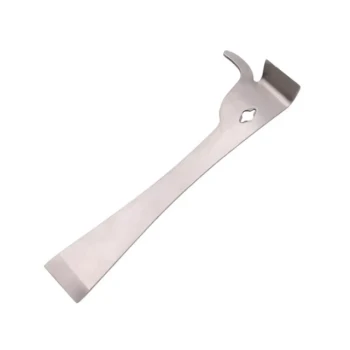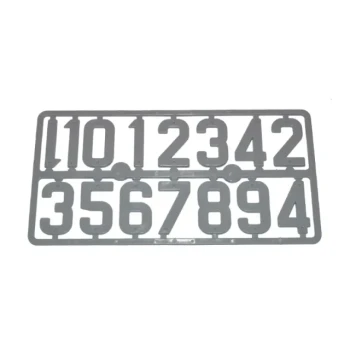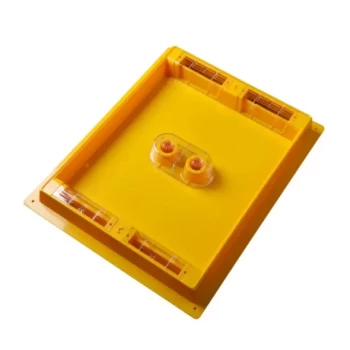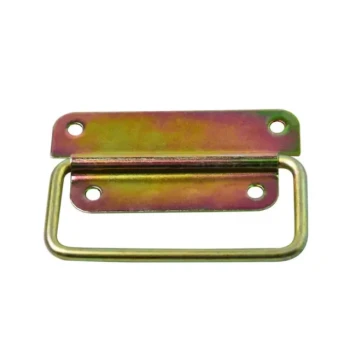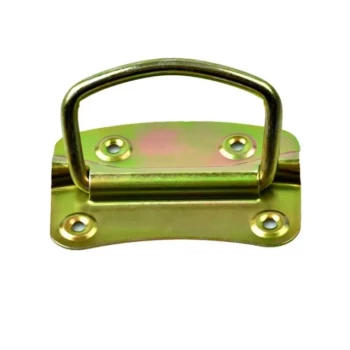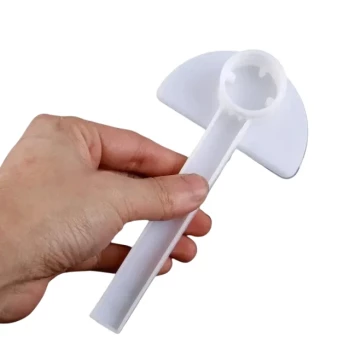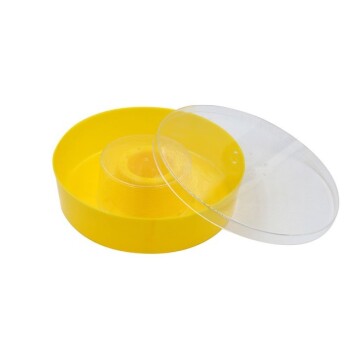Maintaining a nucleus colony is one of the most effective strategies a beekeeper can employ. A nucleus colony, or "nuc," serves as a versatile resource for your entire apiary, providing a ready source of bees, brood, and most importantly, a laying queen. This allows you to solve common beekeeping problems quickly, from replacing a lost queen to bolstering a weak hive's population.
A nucleus colony transforms a beekeeper from being reactive to proactive. Instead of just a small hive, view it as a dynamic management tool that provides insurance, flexibility, and control over your apiary's health and growth.
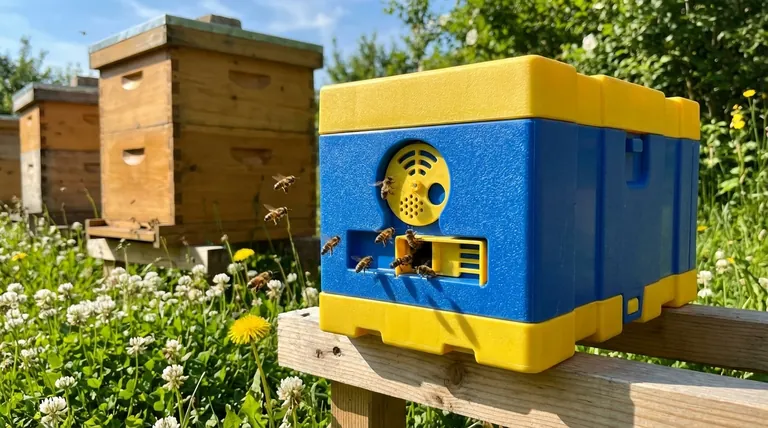
The Nuc as Apiary Insurance
The most critical function of a dedicated nuc is to act as a safety net. It provides immediate resources to solve catastrophic hive issues that might otherwise take weeks to resolve or lead to a total loss.
A Readily Available Replacement Queen
A hive that becomes queenless is on a timer. By keeping a nuc, you have a mated, laying queen ready for immediate introduction, ensuring the colony's survival and continuity without the delay or cost of purchasing a new one.
A Lifeline for Weak or Failing Hives
A production hive can weaken for many reasons. A strong nuc allows you to transfer a frame or two of capped brood and nurse bees, boosting the weak hive's population and helping it recover its strength.
Overwintering for Spring Recovery
Many beekeepers maintain "spare" nucs through the summer and overwinter them. If a larger production colony dies during the winter, this overwintered nuc can be used to quickly replace it in the spring, preventing a total loss of equipment and bees.
The Nuc as a Growth and Management Tool
Beyond crisis management, nucs are a primary tool for proactive apiary expansion and control. Their small, manageable size makes them perfect for a variety of tasks.
Creating New Colonies on Your Terms
Nucs are the ideal way to make splits—the process of dividing a strong colony to create a new one. This allows you to expand your apiary using your own local, adapted bee stock instead of buying new packages or nucs.
Proactive Swarm Prevention
A crowded hive is a hive preparing to swarm. You can relieve this congestion by pulling a few frames of brood and bees and placing them into a nuc. This satisfies the colony's expansion instinct without losing half your workforce to a swarm.
Catching and Housing Swarms
An empty nuc box is an excellent, portable swarm trap. Its small size is attractive to scout bees searching for a new home. It's also the perfect vessel to temporarily house a swarm you have caught before moving it into larger equipment.
Understanding the Trade-offs
While incredibly beneficial, maintaining a nuc is not without its costs. It is, after all, another colony of bees that requires your attention and resources.
The Commitment of Extra Resources
A nuc requires its own inspections, feeding, and pest management, just like a full-sized hive. It is an additional responsibility that adds to your beekeeping workload.
The Vulnerability of a Smaller Colony
Due to their smaller population, nucs are more vulnerable to cold weather, robbing by stronger hives, and pest pressure like wax moths or small hive beetles. They require careful monitoring, especially when going into winter.
How to Apply This to Your Apiary
Using a nuc effectively depends entirely on your goals as a beekeeper.
- If your primary focus is resilience and minimizing loss: Maintain at least one overwintered nuc for every 2-3 production hives as your best insurance policy.
- If your primary focus is apiary growth: Use nucs to make controlled splits from your strongest hives during the main nectar flow.
- If you are a new beekeeper: Starting with and maintaining a nuc alongside your first hive is an excellent way to learn bee biology and have resources on hand for your first crisis.
Ultimately, integrating a nucleus colony into your beekeeping practice is the key to gaining control and ensuring the long-term success of your apiary.
Summary Table:
| Benefit | Key Function | Impact on Your Apiary |
|---|---|---|
| Apiary Insurance | Provides a ready queen and brood | Solves crises fast, prevents total hive loss |
| Growth Tool | Enables controlled splits and swarm prevention | Expands your apiary using your own bee stock |
| Swarm Management | Acts as a swarm trap and housing | Captures swarms and relieves hive congestion |
Ready to build a more resilient and productive apiary?
HONESTBEE supplies commercial apiaries and beekeeping equipment distributors with the high-quality supplies and equipment needed to successfully establish and maintain nucleus colonies. From durable nuc boxes to essential hive tools, we provide the reliable gear that supports proactive beekeeping.
Contact our wholesale experts today to discuss your apiary's needs and discover how our products can help you gain control and ensure long-term success.
Visual Guide
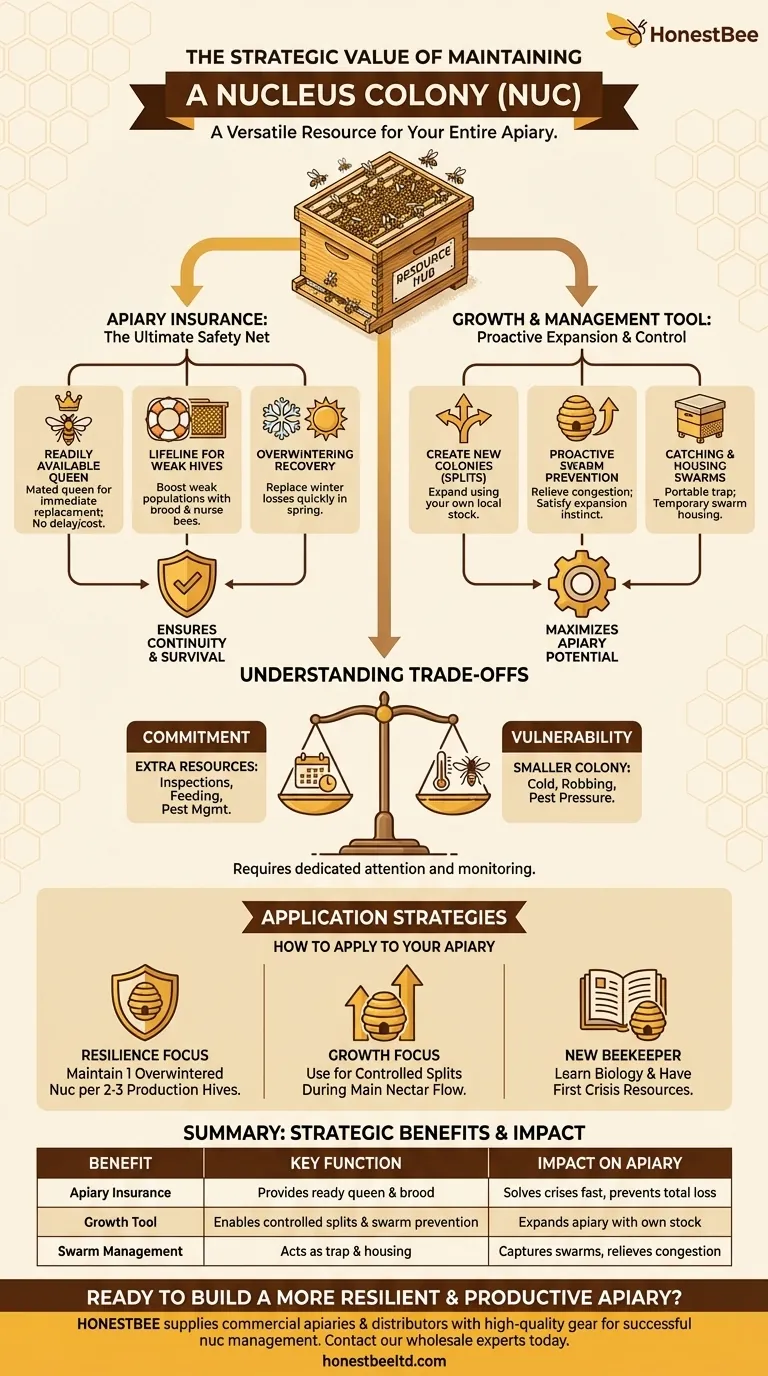
Related Products
- 4 Frame Plastic Nuc Boxes for Beekeeping Bee Nuc Box
- HONESTBEE Professional Long Handled Hive Tool with Precision Cutting Blade
- Professional Hive Front Entrance Bee Feeder
- Professional Multi-Function Stainless Steel Hive Tool
- Inner Beehive Cover for Beekeeping Bee Hive Inner Cover
People Also Ask
- What is the step-by-step process for transferring a nucleus colony into a new hive? A Guide to Nuc Success
- When can nucleus colonies (nucs) be created? Optimal Timing for Apiary Growth and Survival
- How should a hive location be prepared before installing a nucleus hive? 4 Steps to Optimize Your Apiary for Success
- What technical conveniences do mini nucleus hives provide? Streamline Bee Behavioral Observation and Data Collection
- Why is a nucleus colony (nuc) often preferred over a bee package for hive stability? Boost Colony Success



